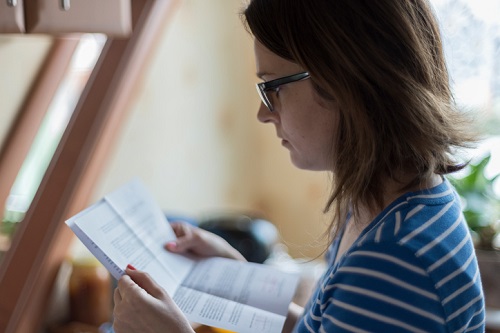
A number of reports released last year found that students and working Australians are feeling unequipped for the future of work.
Concerns about the future are also shared by parents, who are increasingly unsure if the education system will support their children’s learning over the next decade.
A new study by Cluey Learning found that more than one in three parents feel ill-equipped to support their children’s education – a feeling brought on by their distrust of the current education system.
Cluey’s study further reported that 90% of parents find Australia’s education system to be ‘poor’ or in need for ‘room for improvement.’ Likewise, some 80% also voiced concern about their children being negatively impacted by the education system.
The distrust follows the OECD PISA 2018 report which found Australian 15-year-olds lagging behind their peers in other countries especially when it comes to maths, reading and science.
Asked about Australia’s global standing, some 38% of parents believe that it’s bound to get worse in the next decade, while almost 50% said the quality of education will stay the same.
Despite the bleak outlook, more than half of the parents surveyed still look to education – specifically university – as the key to their children’s success in the coming decade.
Students share the same sentiment
Students, like their parents, also believe that schools are not doing enough to prepare them for the future. Cluey’s research found that over 60% of senior students believe this is the case.
Some 70% also believe that schools are not able to fully address the unpredictable job market.
When asked what are the crucial skills students need to adapt for the future, both students and parents said that aside from intelligence, emotional and social intelligence as well as adaptability quotient (AQ) are needed to ensure success.
Cluey Learning chief learning officer, Dr Selina Samuels highlighted AQ as an important skill for future-proofing students as technology continues to change the business landscape.
“We must help students hone their AQ abilities so they can face changes with confidence. Pure rote learning won’t set students up for success,” she said.
“Children need to become continuous learners who can adapt to a rapidly changing professional marketplace”.
The study also found that more than 70% of senior students say technology will have a positive impact on schools in the coming years. However, students still prefer to take personal finance as a subject over coding basics, sustainable living and mental health.
How will parents and students react?
Dr Samuels said Cluey expects to see teachers and students take more initiative in the coming years to make up for the gaps in the educational system, given the “growing hunger for additional education support all over Australia”.
“Parents are worried that their children are getting lost in the system, with their individual learning needs going unmet,” Dr Samuels said.
“There seems to be greater awareness that the process of ‘learning to learn’ is more complex than we may once have believed and needs to be addressed throughout a child’s day-to-day life, not just at school”.
Cluey is helping parents and students with the launch of its 2020 Vision campaign, which will roll out studies and expert predictions through Cluey’s digital channels.
The campaign also gives the chance for those who enrol with Cluey to receive up to 10 years of free tutoring
“The end of last decade presents a real opportunity for improvement,” Dr Samuels said.
“At a time of such uncertainty and poor public confidence in the education sector, it feels essential to offer a clear path forward and open dialogue about how we get to a better 2030”.


